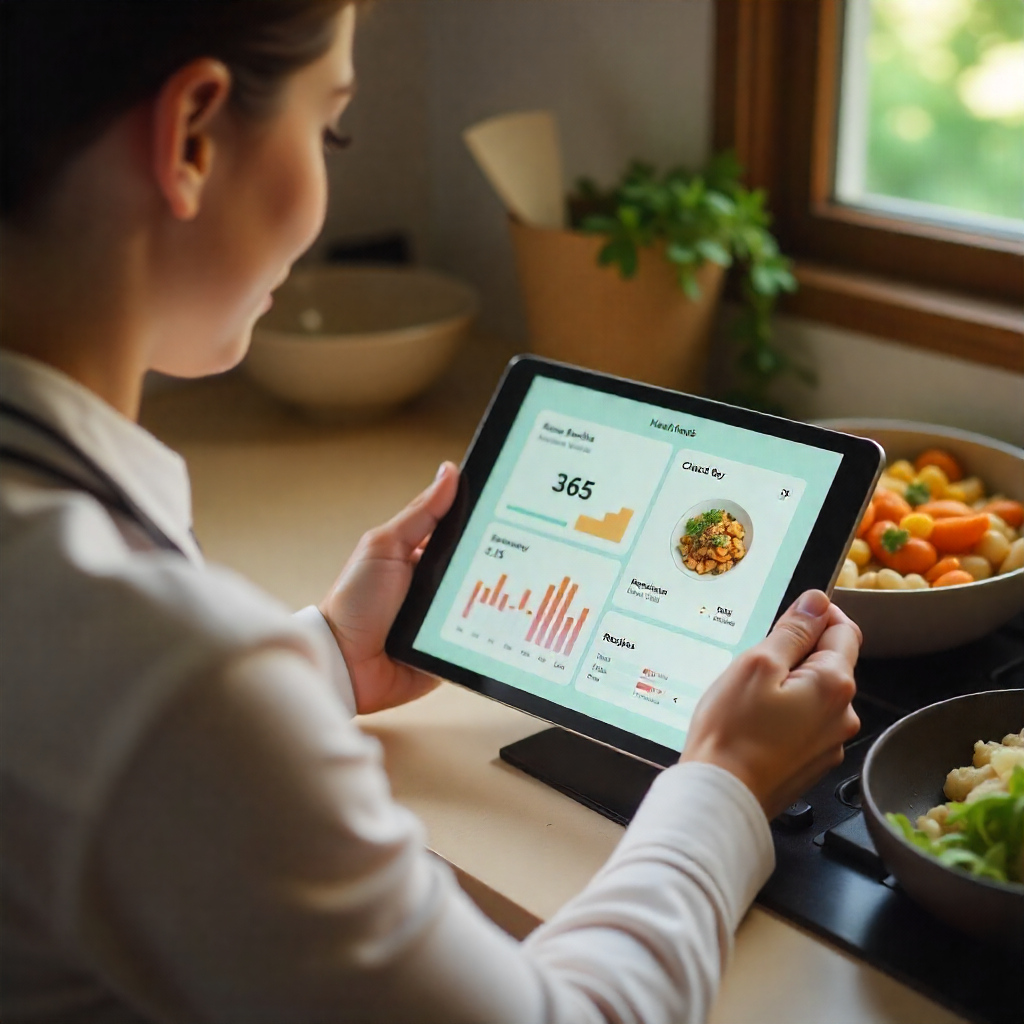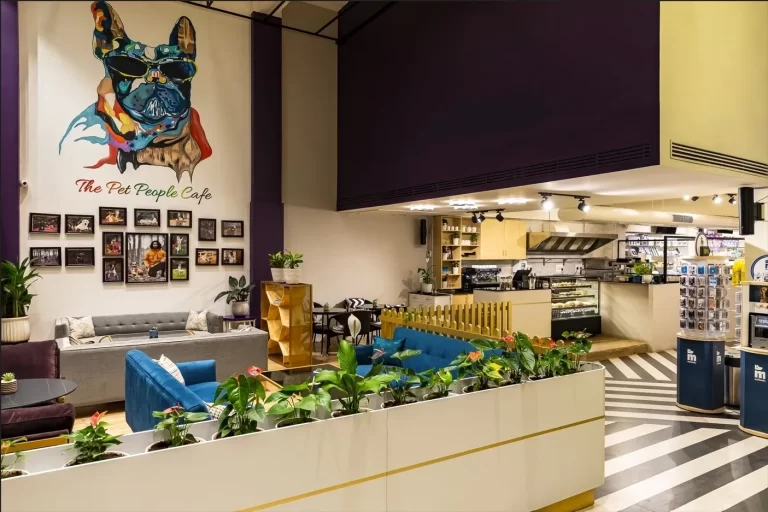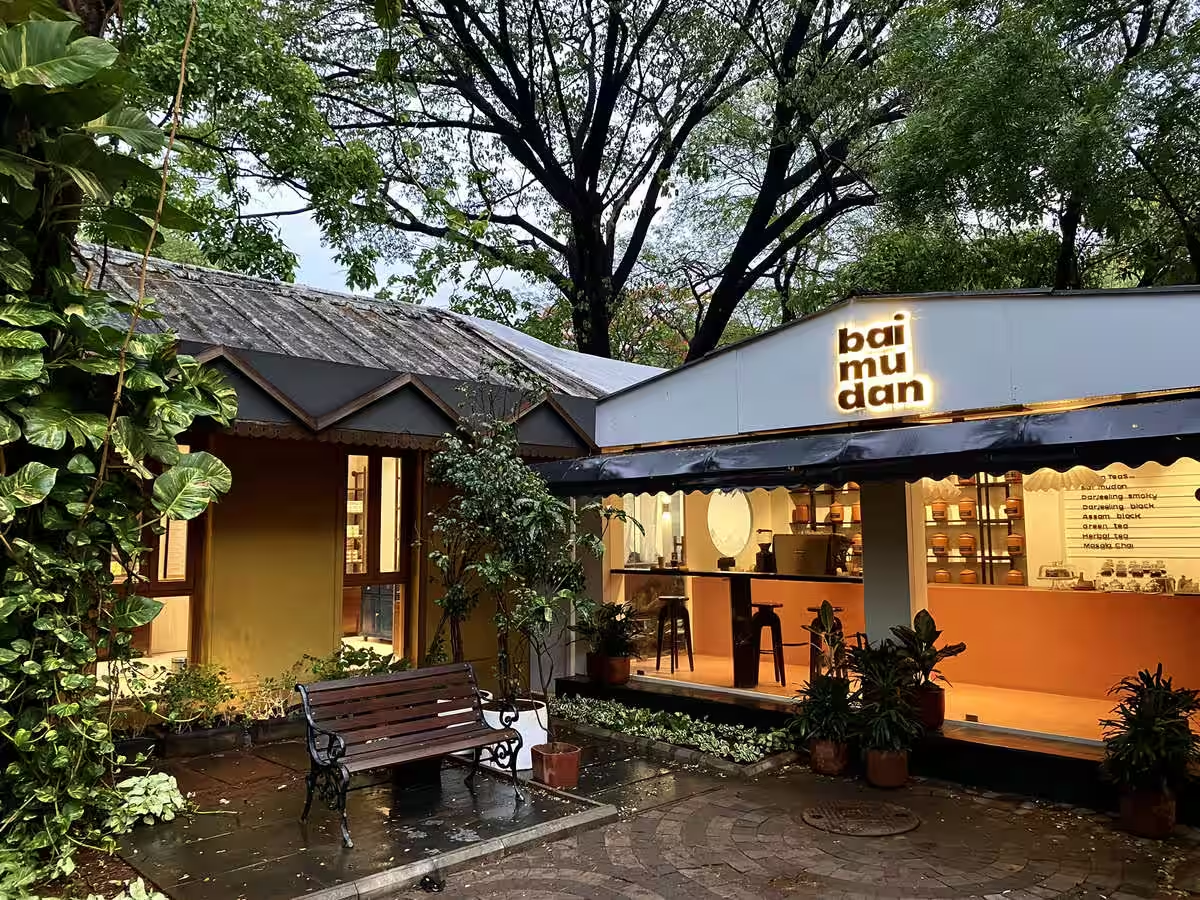From counting your steps to measuring your heart rate, your smartwatch can now even plan your hyper-personalized meal plan. If you still follow generic diet plans like it’s 2015, it’s time to evolve into the era of diet hyper-customization and let your watch and applications be your dieticians.
From Counting Steps to Planning Meals
Your smartwatch, synced with mobile applications, is constantly monitoring your health, your heart rate, and your sleep cycle, along with counting the steps you walk every day. The data being collected is regularly fed to large AI engines, which work on constantly analyzing it and then preparing meal plans that are specific to you, your body type, and your mood.
For every emotion you feel, your watch would nudge you towards that kind of meal type.
From Generic to Hyper-Personal
Market segments are a thing of the past when it comes to the food industry; “N-to-1” is the new norm, in which every individual’s data records decide what that person should eat.
The data being collected from your continuous glucose monitoring, your heart rate trackers, and your microbiome study are all factors that influence how the AI engines plan your next meal.
Every meal planned feels as if it is tailor-made for your DNA.
Personalized Packaged Food
The revolution has not only impacted your kitchen, it has also compacted the packaged food delivery business. Companies request customers to sync their data using their health applications, and then, based on the input provided, meal plans are switched to best suit the customers’ bodies’ needs.
With more people becoming health conscious day by day, personalization is becoming the new baseline, and people are willing to pay a premium for it.
Impact on Hospitality Industry
With packaged food delivery companies adapting to the new trends, how can one expect the restaurants and hotels to stay behind? They are also coming up with new methods to be able to customize meals prepared according to visiting customers’ health data. Hotels have started preparing and offering gut-friendly breakfasts and sleep-oriented dinners.
Don’t be surprised if soon enough, when you walk in to have meals at a restaurant, the waiter asks for your health data records before handing you the menu card.
Benefits for you and the industry
It is very beneficial for you as an individual, as the hyper-personalization helps in making sure that the body has nutrient needs. It also makes sure that your cravings are satisfied while your mood and energy levels also improve.
The hospitality industry also needs to pay attention to this new trend, as it is not just a passing trend; it is here to stay. People are becoming more health-conscious, and offering them the health-data-based meal would not only help reduce their cravings, but it would also help uplift their moods, boost their energy, and make them healthier.
Companies sticking to the “one size fits all” menu offerings will soon realize that their customer base is getting obsolete.
Data Privacy and Transparency
Nowadays, data privacy and transparency fear come hand in hand with innovation.
Everyone wants whatever is best for them but does not want to share their medical history and records. And it is understandable that they fear the misuse of the information shared.
Companies would need to prove that for them, being transparent and protecting customers’ private information is of utmost importance.
Companies would need to prove to customers that they are transparent, take proper care that the customer data collected is secure, and follow all rules and regulations as set by the governing bodies. Doing so would earn the companies loyal customers.
If companies ignore the customers’ concerns, then even the best AI tools they use would not be able to get them customers.
FAQs
Q: How is a hyper-personalized meal plan different from a personalized meal plan?
A: Hyper-personalized meal plans are designed using real-time health data from the monitoring applications. It can thus be adjusted to suit a person’s specific body need at any given instance instead of just generic preferences.
Q: Are the systems used for designing the meal plans reliable?
A: Accuracy of the AI models improves as they analyze different sets of data based on different datasets and different user habits. Also, each AI model analyzes data differently, so one can expect different results when using different applications.
Q: What data is analyzed to generate the meal plans?
A: Data like sleep pattern records, heart rate monitoring records, continuous blood sugar monitoring records, and stress level monitoring records are some of the examples of what all information is used to generate hyper-personalized meal plans.
Q: Are hyper-personalized meal plans expensive?
A: Yes, the hyper-personalized meal plans are currently seen as a luxury, and preparing them requires utilization of advanced tools and algorithms. Due to these factors, currently these meal plans are expensive.
Q: How can I get my own hyper-personalized meal plan?
A: To be able to get your own hyper-personalized meal plan, you would need to install any of the personalized cooking assistant applications, integrate them with your own smartwatches to provide them real-time data, and then ask them to give you your own “hyper-personalized” meal plan.






